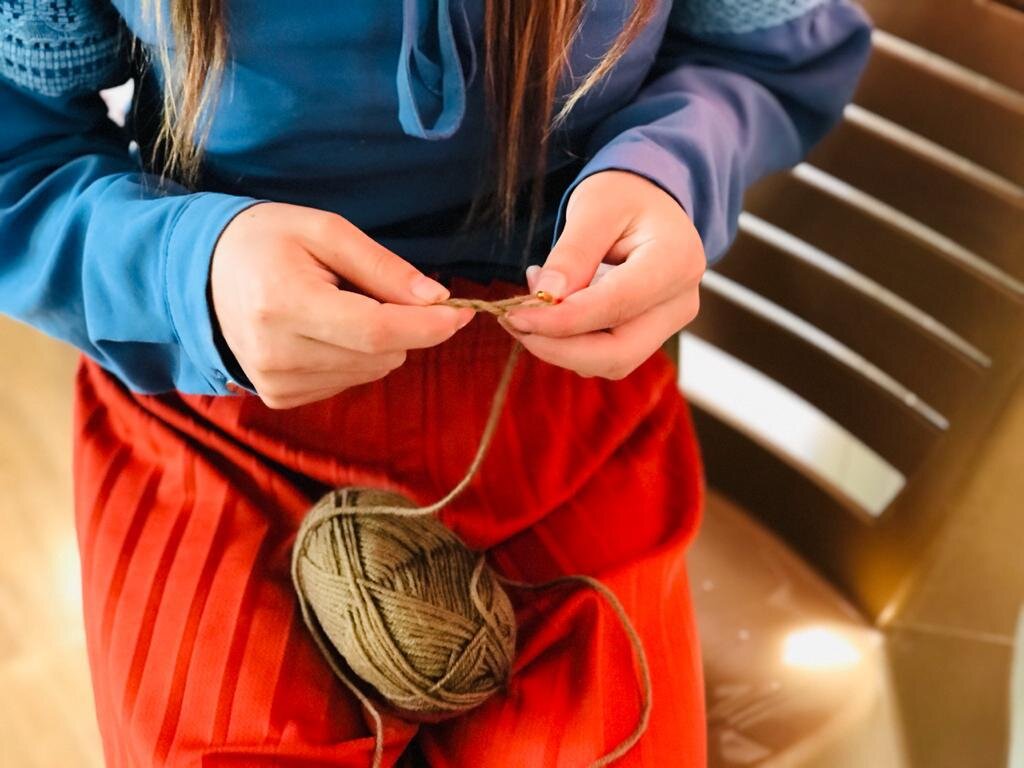Sisters' Stories: The true mental health toll on women conflict survivors
Today we’d like to introduce you to Nazdar, a 22-year-old conflict survivor living in the Essyan camp in Kurdistan. So much of her life has been marked by war, loss and trauma, and inevitably, her experiences have severely impacted her mental health over the years.
Nazdar was just 15 when her Sinjar village was invaded by ISIS. Like so many others in the stricken region, she and her family were forced to flee their home, with no idea when they would ever be able to return.
With the conflict raging around them, the family hid in the mountains for a week, with no protection and barely any food or water. Nazdar herself suffered badly, struggling with prolonged menstrual bleeding as a result of extreme anxiety and fear.
As they tried to walk to safety in Kurdistan, Nazdar’s father became increasingly sick and could hardly walk, but eventually, they were picked up by a truck and reached the camp. Awaiting them was a very small tent – partly exposed to the open air – which was now home for the family of eight. “It was very harsh,” says Nazdar. “My father was chronically ill and paralysed, and I suffered with terrible migraines caused by stress. I didn’t know what to do.”
As she struggled to cope, Nazdar was put in touch with a Lotus Flower psychologist, and she began receiving regular counselling. Through this support, she began to understand her debilitating anxiety, what triggered these feelings and crucially, how best to deal with them. By working out a therapy plan that suited her, Nazdar has gradually built up her recovery and coping mechanisms. She also attends regular awareness sessions held by Lotus Flower staff, on issues such as gender-based violence, exploitation and human rights.
“I feel so much better these days, and that has enabled me to take part in other Lotus Flower activities too. I have been doing boxing, photography and craft and sewing courses, which keep me busy and take my mind off other things. It also means I have developed new skills and have been able to meet and bond with other women.
“As well as feeling better, I’m now able to support my father and family, which means I can finally feel more positive about our future.”



